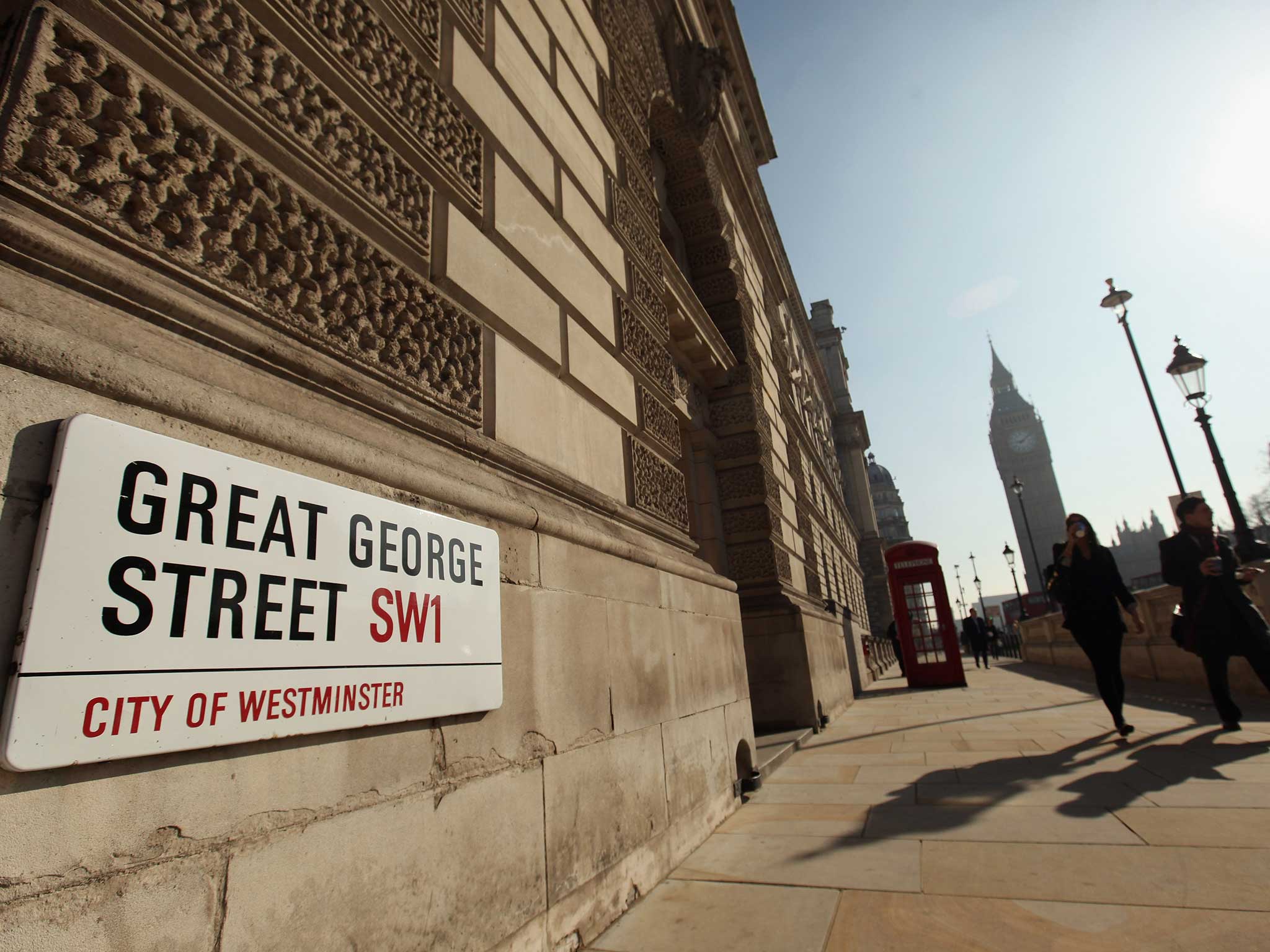My vote to Leave has hit the economy – but falling growth and low interest rates are good for Brexit Britain
A weak pound, helped along by the Bank's policy of making sterling less attractive as place to park savings, is absolutely essential if we are to make Brexit work


So much for Project Fear, then. So far from Brexit heralding a nightmare of more expensive mortgages, the opposite is true.
For those fortunate enough to have a tracker mortgage (I declare the interest here), there will be an almost immediate benefit of today’s interest rate cut: more disposable income. For others, the effects will gradually but surely work their way through the system as rates adjust and loans are renewed. If you can get a mortgage – and the banks and building societies are rightly avoiding the riskier applicants – then the rate on it will be near record lows, at least in nominal terms.
When Bank Rate is at 0.25 per cent borrowers can’t really complain. Can they?
Of course not all is sweet. The fact that the Bank has taken such an extraordinary decision is, of course, down to the immediate and unsettling effect of the referendum vote. Ever since 23 June, we have been bombarded with sometimes alarmist accounts of the collapse in confidence that has accompanied the new uncertainties. Still, it is damaging to the economy short-term.
I happen to think the Brexit campaigners were wrong not to fess up to the immediate harm a Leave vote would do to living standards and jobs. Thus, the Bank of England has downgraded its GDP growth forecast (but this was probably going to be downgraded in any case, ironically enough because of the continuing economic stresses in the Eurozone and slower growth globally).
But mark my words, when the next eurozone banking or currency crisis arrives, the pound will be seen – as it has been in the past – as a safer haven than the euro. For those who fret about a “strong pound", some of its recent depreciation will be made up.
Hopefully, not by much though; we need a weak currency for one overwhelming reason. The UK's trade deficit has been too large for too long, and the only reason why we’ve been able to keep our standard of living up is because we have been able to borrow from foreigners to make up the difference between what we earn in the world and what we spend.
Long before Brexit was even contrived, this was a structural weakness in the UK economy – or, rather, the uncompetitiveness that it revealed was. The time is right to correct it; an adjustment in the external value of sterling is the quickest and easiest way to do so.
A weak pound, helped along by the Bank's policy of making sterling less attractive as a place to park savings, is absolutely essential if we are to make Brexit work.
There, right there, is your “plan B” or “Plan for Brexit”. We do not need great big White Papers on industrial strategy and the like, or to wait for trade negotiations to start the necessary adjustments. They are happening right now, through millions of decisions taken by individuals and businesses here and abroad.
Does the middle manager choose a (mostly British) Jaguar or a (mostly German) Audi for his next company car? Will a French supermarket chain buy British produce ahead of European produce when it is suddenly 15 per cent cheaper? Will a Hong Kong investor buy that flat in central London over one in Paris now there’s suddenly an enormous discount attached? (I take no view here on the consequences for the housing market and first time buyers, which I have recently written about.) Will a South Korean family choose London as a base for a European break rather than, say, Rome, now London will make their budget go further?
We don’t need treaties and pacts to see trade patterns move – they are mostly driven by profit opportunities and marginal decisions on buying and investing every day.
I don’t dispute the Brexit vote has had some strange effects that were not foreseen by either side. The sharp fall in sterling and a reduction in interest rates were not supposed to go together. Neither was a collapse in confidence supposed to trigger a rising stock market.
Yes, there will be pain along the way, just as British industry suffered the “cold shower” of all cold showers in the decade or so after we joined the European Union in 1973, and UK firms were exposed to European competition. The important thing is to build a competitive, world-class economy that does not depend on being a member of one particular bloc – no matter how big – for its prosperity.
Europe has gone ex-growth; the more we gradually shed our dependence on it and become re-connected to faster growing, more dynamic hubs around the world the better.
The gains will be there. The process is happening already. But it will take time.

Join our commenting forum
Join thought-provoking conversations, follow other Independent readers and see their replies
Comments